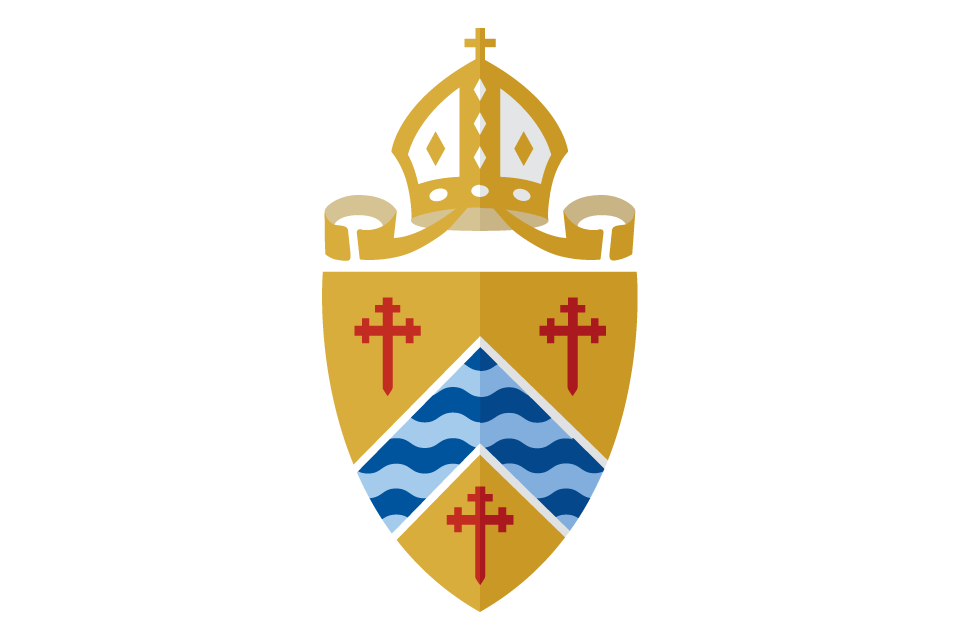
The following should guide all clergy who are ending a pastoral relationship due to retirement, acceptance of a new call, or any other circumstance. It is principally directed to rectors and clergy-in- charge, though the section on Appropriate Pastoral Boundaries pertains to all clergy.
When a clergy person believes it is time to move, or is actively looking for a new cure, that intention must be conveyed to the bishop. Likewise, the Bishop’s Office must be notified when a clergyperson has received a call elsewhere. Questions about clergy transition are properly directed to the Diocesan Transition Minister, who in this Diocese, is the Canon to the Ordinary.
A good beginning depends on a good ending. A parish's ability to call its next priest depends on how well a clergyperson leaves and on his or her ability to “let go.” A clergyperson’s character, integrity and faithfulness are demonstrated in how he or she leaves a position.
Leave-taking Essentials is a handy checklist of all the various tasks that need to be accomplished for a clergy person to ensure an orderly departure from the parish. All clergy in transition should be guided by its wisdom.
An Exit Interview is required of all clergy departing a congregation. An in-person exit interview with the Bishop must be scheduled through the Bishop’s Office (516) 248-4800 x130. The Exit Interview Document must be completed and returned to the Bishop’s Office prior to that meeting.
Appropriate Pastoral Boundaries must be set when a cleric departs a congregation. It is the Bishop’s Policy that that once a clergyperson leaves a congregation, he or she will bring closure to pastoral relationships with members of that congregation. The health of the congregation is dependent upon how well the transition is managed. Former parishioners should understand from the clergy in a positive and affirming way that it is not appropriate to continue a pastoral relationship.
The Bishop expects that the clergyperson will accept no further requests from members and former members of the congregation to provide pastoral services at weddings, funerals, baptisms, or any other occasion of public worship for at least one year. After one year, clergy may accept invitations from the interim or rector, but may not solicit such invitations or accept them from former parishioners.
When a former parishioner reaches out to a departed clergyperson for pastoral care or to officiate at a sacramental liturgy, the clergyperson is obligated to pastorally redirect the former parishioner to their current interim or rector. At the rector’s invitation alone may the former cleric officiate at pastoral services in his or her former congregation.
The following is geared specifically toward clergy who are preparing for retirement
Guidelines and Procedures for Clergy who are Retiring includes tips and resources for clergy navigating the retirement process, including contact information with the Church Pension Fund, as well as Policies regarding Terminal Sabbaticals.
Resources that transitioning clergy have found helpful:
- Owsald, Roy M., Running Through the Thistles
- Lindberg, Mary C., The Graceful Exit
- White, Edward, Saying Goodbye